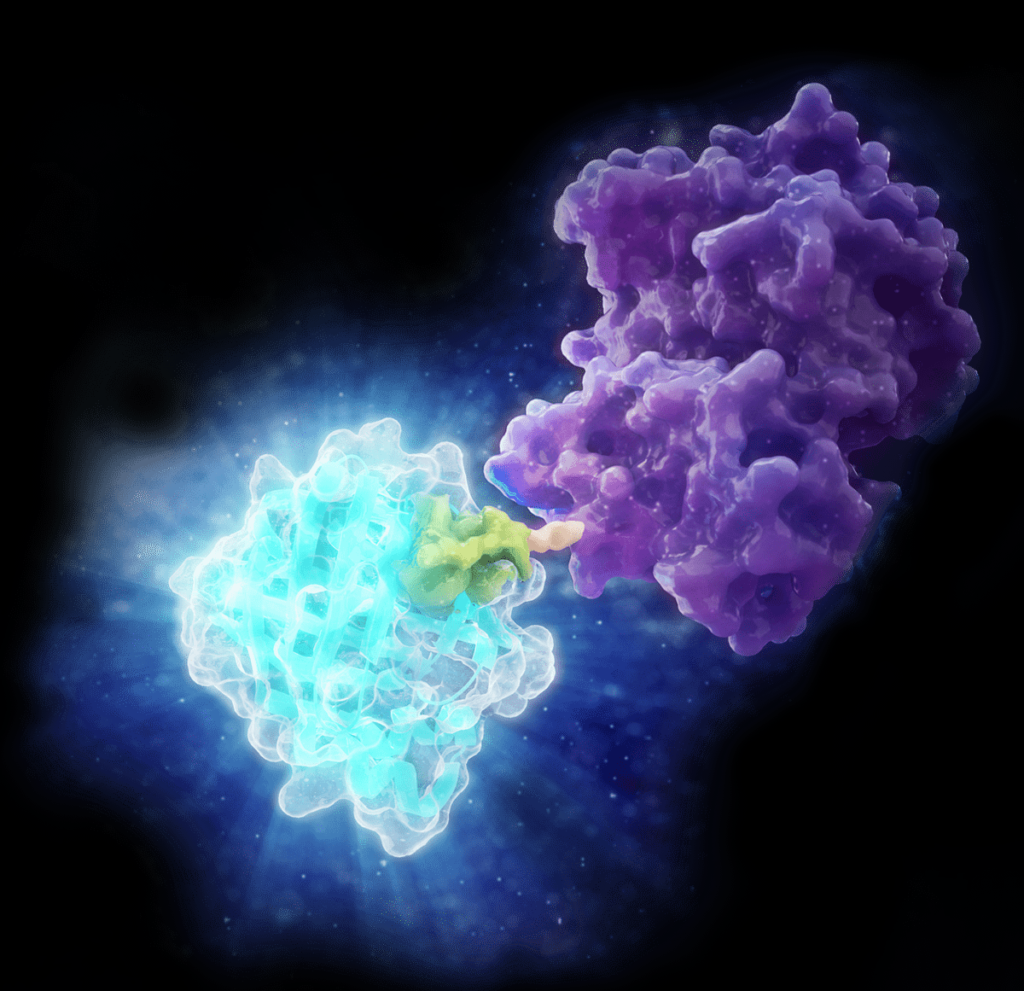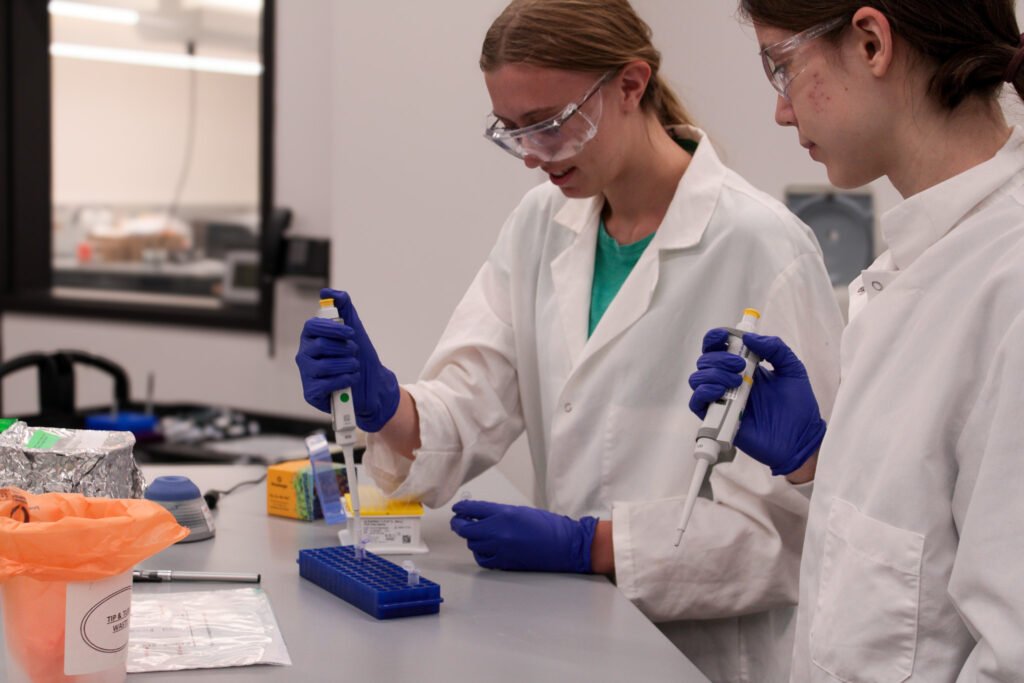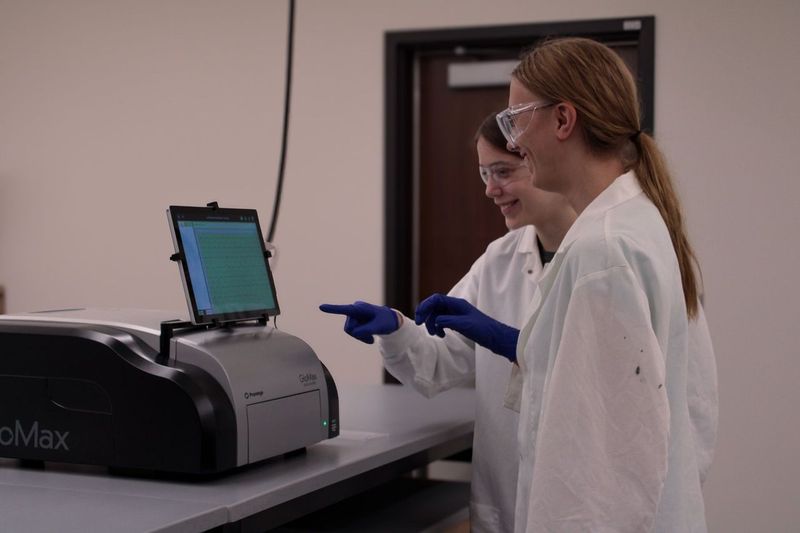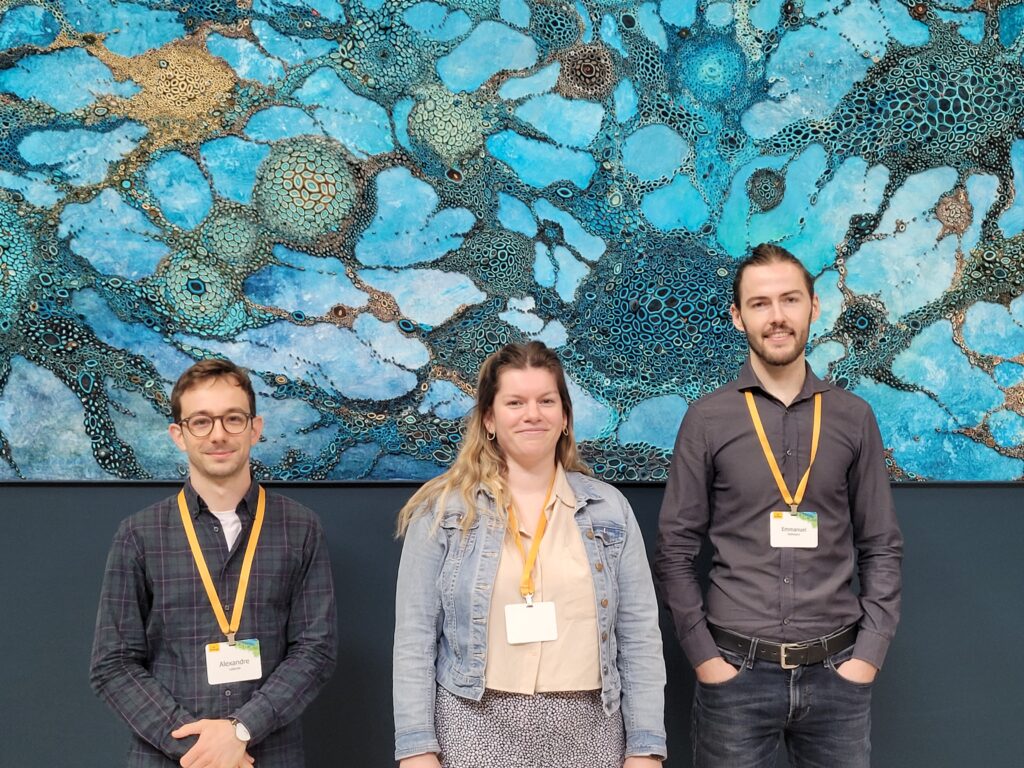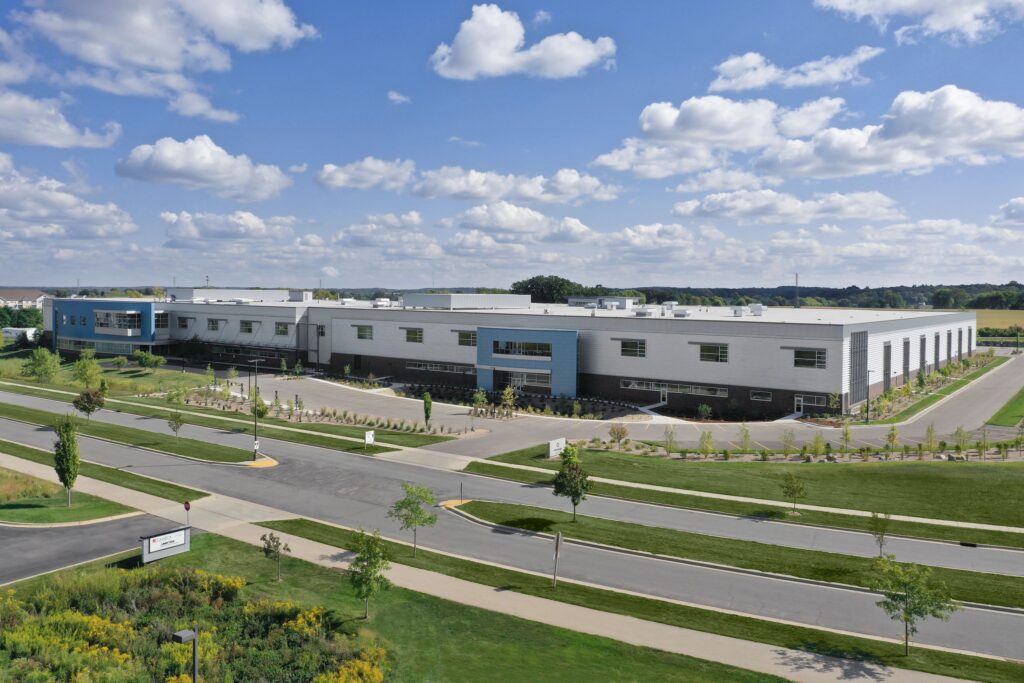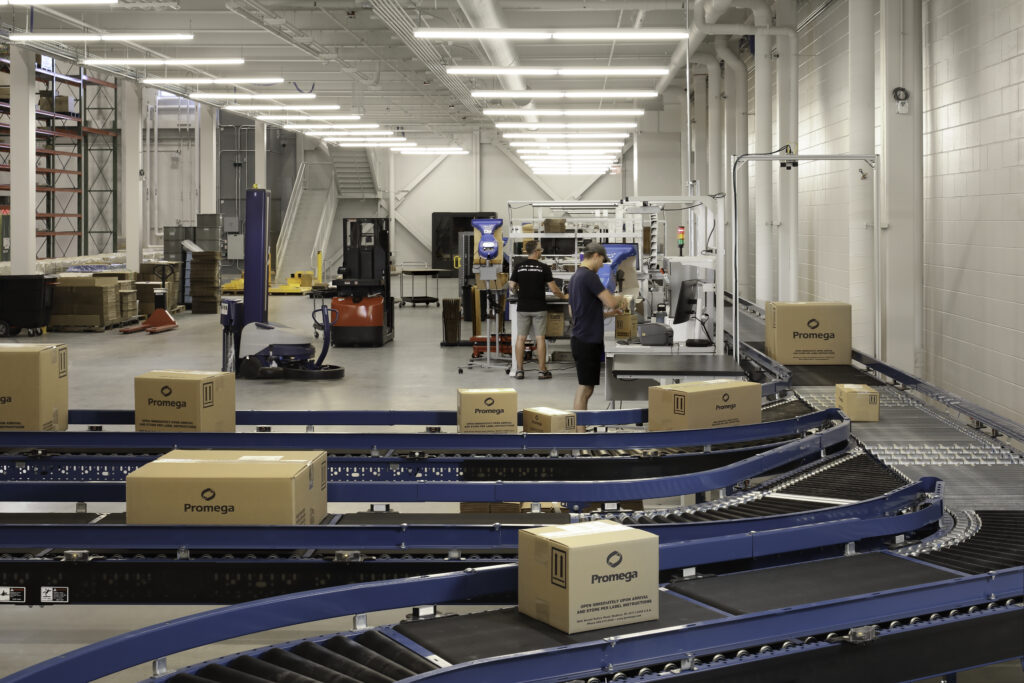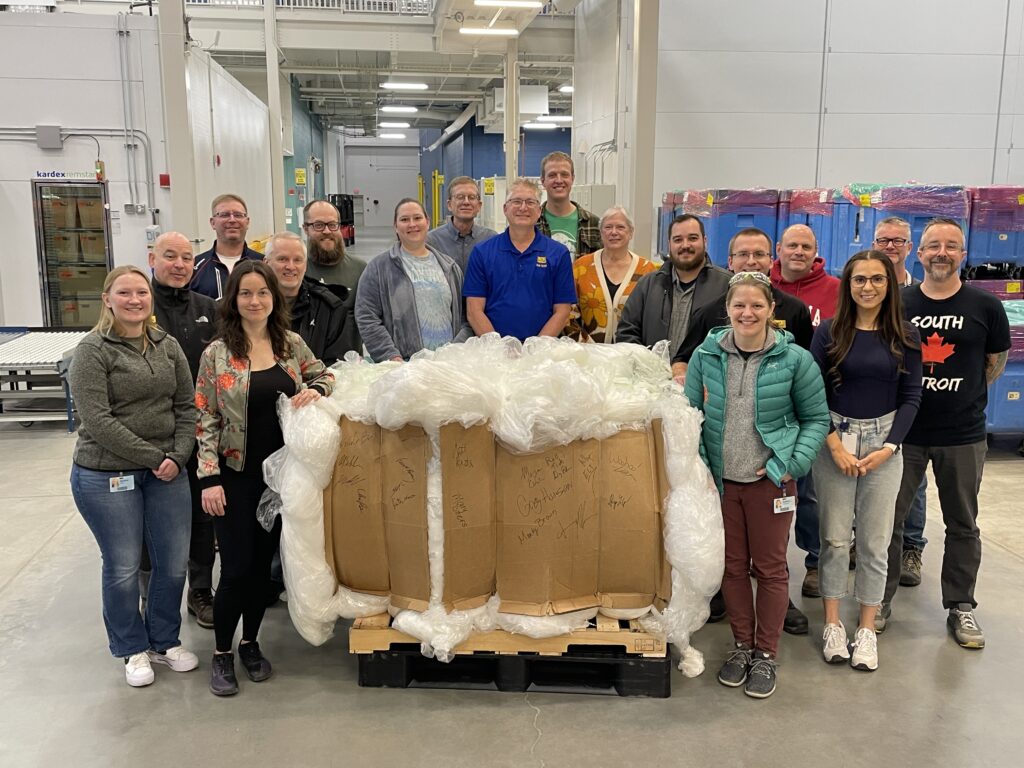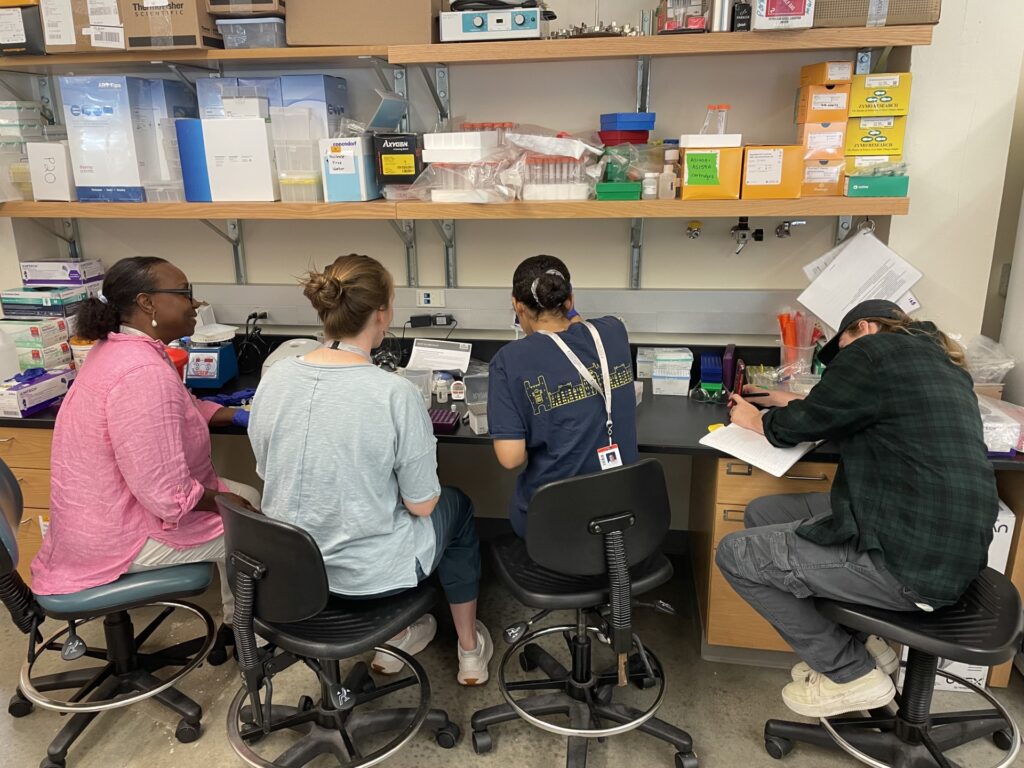For some scientists, words like “undrugged protein” are almost a personal challenge. That simple phrase sparks a fire that fuels an intense drive to characterize the protein, solve its structure and develop a molecule that will bind it and produce a beneficial phenotype.
That’s how Dr. Val Watts feels about adenylyl cyclases. These GPCR-activated enzymes are promising targets for efforts related to chronic pain and many other health conditions. While more than 50% of approved drugs in the United States target GPCRs, there are currently no therapeutics targeting the downstream adenylyl cyclases.
“The fact that they are undrugged today…I take this challenge so seriously that I have a tattoo of adenylyl cyclase on my arm,” Val says. “I want to drug them before my time in academia is over.”
Val Watts is the Associate Dean for Research and a Professor of Medicinal Chemistry and Molecular Pharmacology at Purdue University. The Promega Academic Access Program has helped him bring technologies like NanoBRET® protein interaction assays into his lab at reduced costs. Technologies acquired through the program help Val’s team generate unique insights into adenylyl cyclase behavior in live cells, monitor critical molecules and much more. Their participation in the Academic Access Program and their growing relationships with Promega scientists have helped the lab navigate financial constraints while still pushing their research forward.
Continue reading “Tackling Undrugged Proteins with the Promega Academic Access Program”